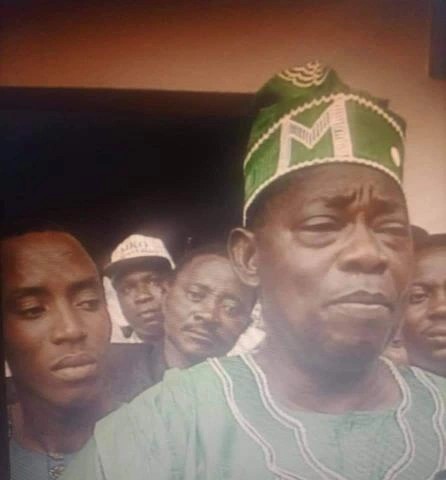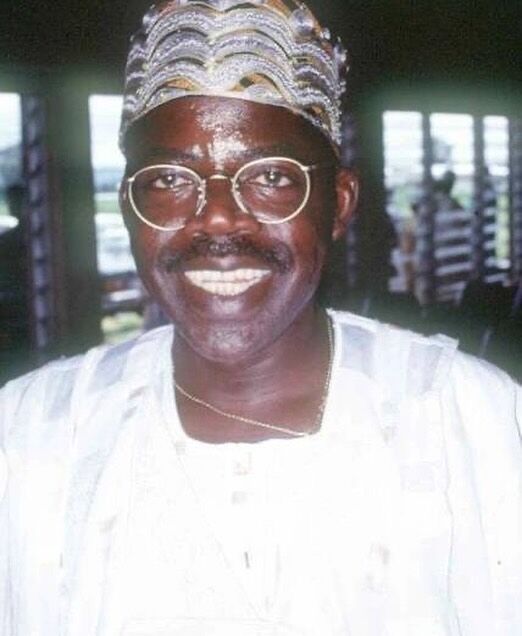SOWORE IN 2021: “We were led into a meeting of politicians for a “strategy session” in his spacious living room on Toyin Street in Ikeja, where they asked MKO Abiola to soften his stance against General Ibrahim Babangida and his military allies after they canceled Nigeria’s most free election on June 12, 1993. On that fateful day, I was clearly the “poorest” person in the room because I was wearing bathroom slippers. Chief Abiola recognized me even though it was my first time meeting him face-to-face. “Oh Student leader, welcome to our meeting. What should we do now that my friends have revoked the People’s mandate?” he asked. I seized the moment to scold the politicians seated there. I informed Chief Abiola that his true adversaries were present in the same room as him and that they were only interested in taking his money rather than attempting to restore his mandate. Uncomfortable, Chief Abiola attempted to shift the subject by complimenting my organizing efforts in the struggle toregain his June 12 mandate. After swiftly dragging a huge bag full of cash, he gave our team N800k, claiming it was a gesture for our “transportation.” I graciously declined the cash haul, joking that since we didn’t travel to see him in a jumbo aircraft in the first place, there wouldn’t be a problem with a jumbo transportation fund, I firmly told him that our fight was not for his benefit but rather for the future of Nigeria, and I honestly doubt that the SUG bus we rode there was worth N300,000 at the time. Although the National Association of Nigerian Students (NANS) did not support Babangida’s transition plan, we held a sacrosanct stance on democratic governance, which is why we supported the unlawful annulment of the June 12 elections. Our squad made the decision to go after causing some minor harm to the avaricious politicians in Abiola’s living room (keep in mind that many of them were holding cash hauls that had been taken from Abiola there).


